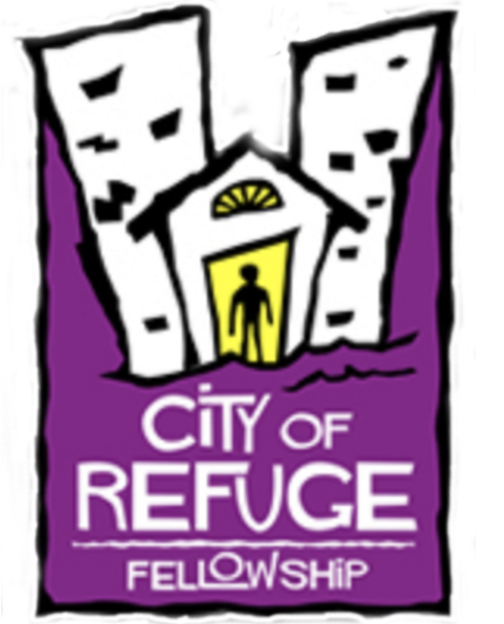Just a few verses before our text, in 1:15 Peter commanded his readers to “be holy in all our conduct”. He defined holiness as girding up the loins of the mind, being sober and resting our hope fully upon the grace brought to us by Jesus. One of the keys to understanding the command Peter is giving is recognizing that “in all our conduct” does not simply refer to our behavior but in how we choose to live our lives. It points to the attitudes, beliefs and ideas that govern our behavior. Peter is not saying, “do holy things”, but rather, “be holy people.” There is a tremendous difference. Acts of holiness can be done religiously without love, can be done pridefully, to be seen by men, can be done deceitfully, without any change of heart and mind. But holy character is birthed in the heart, it’s birthed through repentance, vulnerability, self-examination and complete dependence upon the love, grace, Word and Spirit of God. Being holy people is not about how we look to others but what God sees when He looks within us. Peter moves from the command to be holy to another command, to “love one another”. Tonight, we will discuss the biblical reality that, as Robert Leighton put it, “Redemption and holiness are inseparable companions” but even further, that redemption not only leads to holiness before God, but also to love between each other. Peter, in long form, shows us what Jesus taught in Matthew 22, that the “great commandment” is that we love the Lord our God with all our heart, soul and mind (be holy) and the second, which is like the first, or connected to it, is that we love our neighbor as ourselves. No matter how hard we try, we can’t get away from this truth: we were redeemed to live holy before God and with love toward each other.

